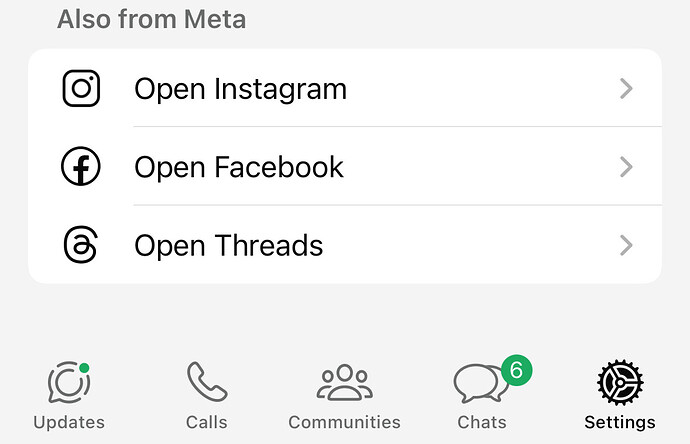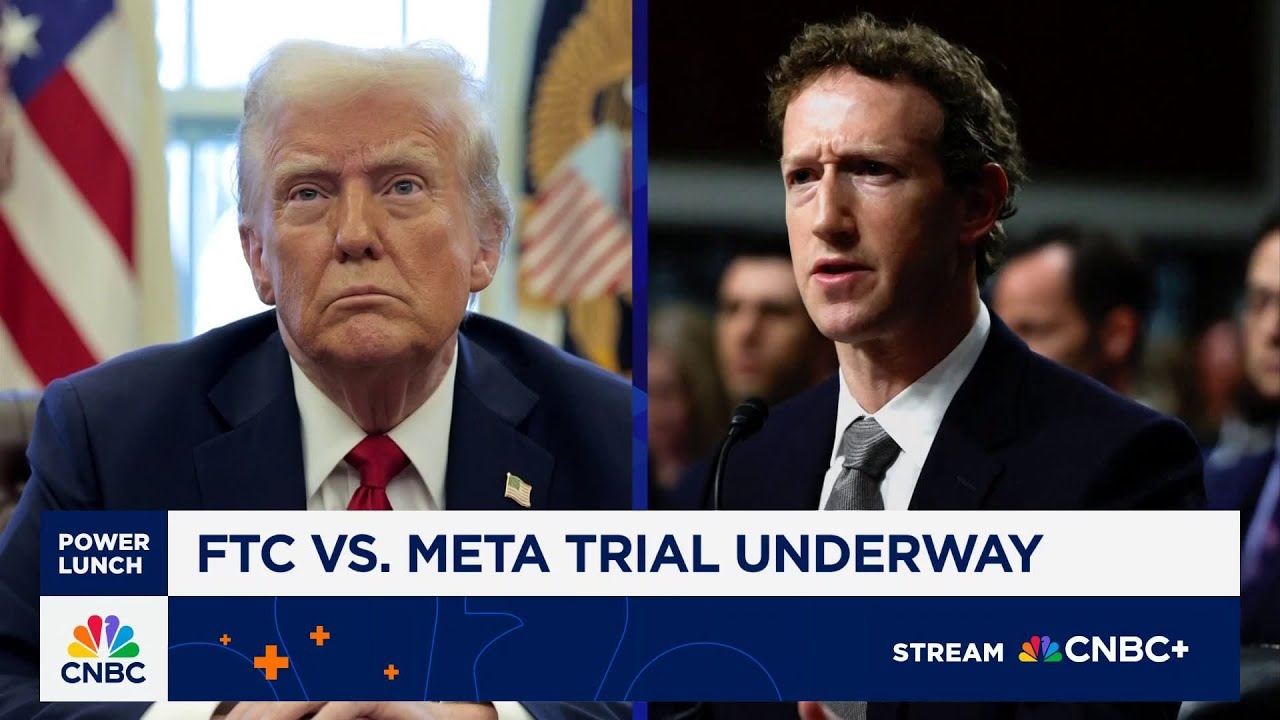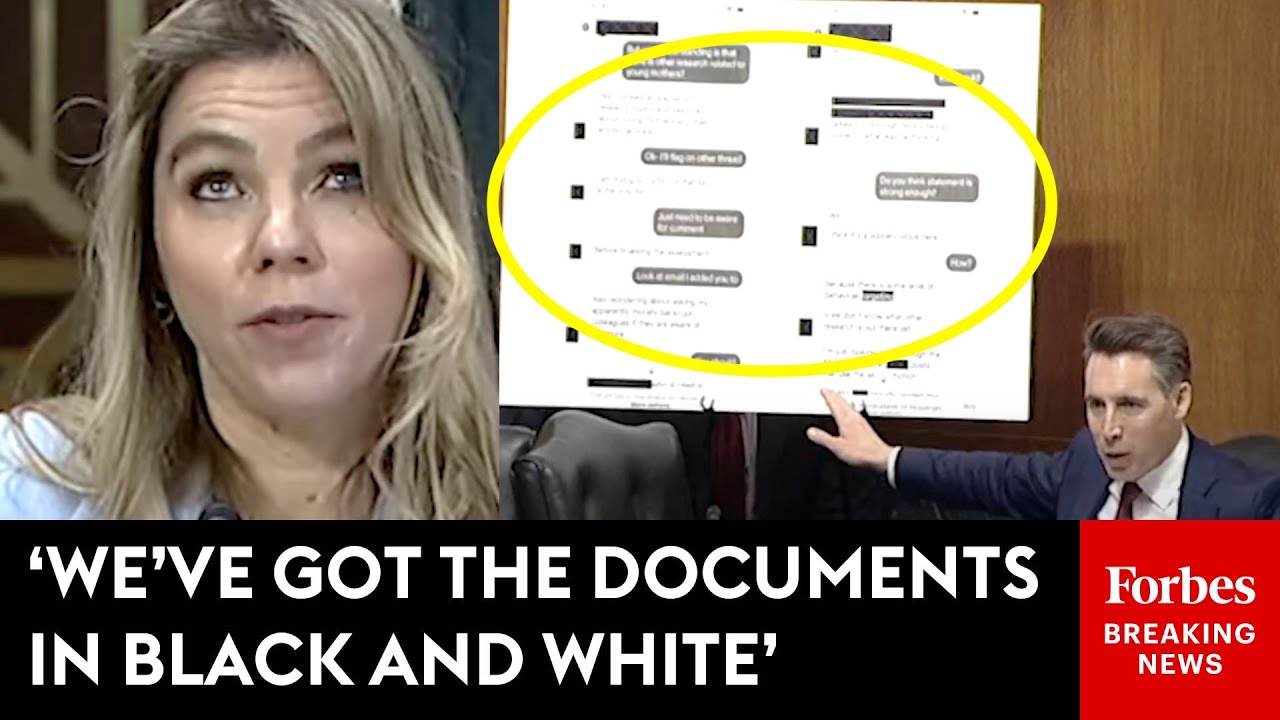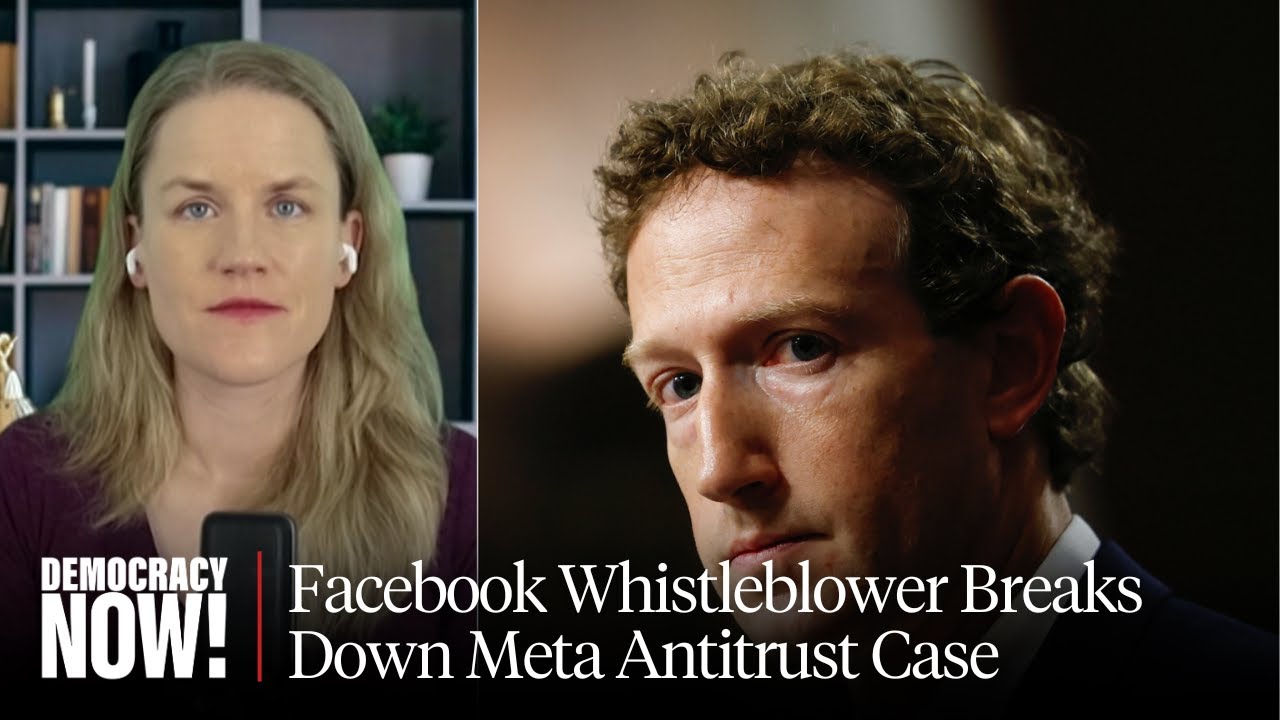I=8
Court allows FTC claims that Meta bought Instagram and WhatsApp so as to eliminate competition to proceed
-
A U.S. judge has ruled that Meta must face trial over FTC’s lawsuit that claims Meta bought Instagram and WhatsApp so as to eliminate competition in the social media sector.
-
The judge allowed FTC to keep a claim that states Meta overpaid for Instagram and WhatsApp in order to eliminate nascent competition but quashed the claim that said Meta restricted third-party app developers’ access to the platform unless they didn’t build apps that compete with those of Meta.
-
The trial will not allow Meta to argue that the acquisition of WhatsApp enable it to defend against competition from Apple and Alphabet.
-
The lawsuit which was initiated during Trump’s first-term is seeking to break-up Meta Platforms.
“We are confident that the evidence at trial will show that the acquisitions of Instagram and WhatsApp have been good for competition and consumers,” a Meta spokesperson said.
-
Meta had asked the court in August to dismiss the case arguing there was lack of evidence over the FTC’s claims.
Assessment
The acquisition of Instagram and WhatsApp has has been a major point of contention between Meta and the FTC. Although the dismissal of Meta’s summary judgment motion is a win for the FTC, the reduction in claims further lowers the chance of a divestiture. @Magaly, you worked on the consequences of Trump’s re-election on big tech. Do you foresee him pressuring the FTC to intensify or to ease its scrutiny of companies like Meta?




